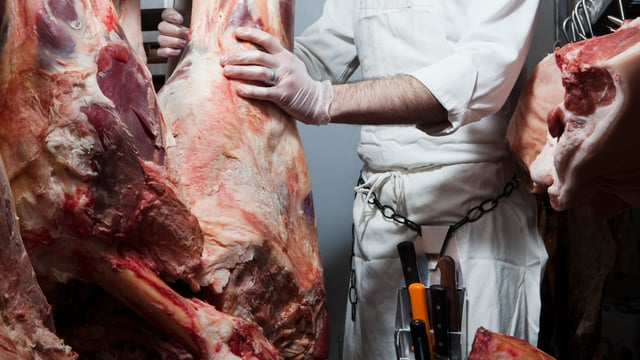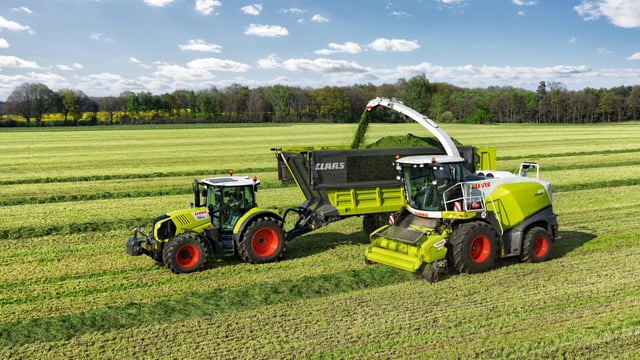Veterinary Ireland holds 'constructive meeting' with minister
Veterinary Ireland has held a "constructive meeting" with Minister for Agriculture, Food and the Marine, Charlie McConalogue, expressing the concerns of its members regarding the proposed changes to the supply of veterinary medicines.
The meeting with the minister followed a meeting of Veterinary Ireland members to discuss the incoming changes under the Veterinary Medicinal Products, Medicated Feed and Fertilisers Regulation Bill 2023 which was signed into law last year.
President of Veterinary Ireland, Hazell Mullins said the organisation expressed its concerns over the potential consequences of the act for vets, animal health, public health and the agricultural industry.
The Statutory Instrument (SI) would see significant changes to prescription rules and the route of supply of veterinary medicines, including some vaccines. The act provided the minister with the powers to create regulations under the act.
Draft veterinary medicinal product regulations are under consideration, however, these have not yet been finalised or signed, according to the Department of Agriculture, Food and the Marine (DAFM).
Speaking to Agriland after the meeting, Mullins said Minister McConalogue "committed to further correspond" with Veterinary Ireland and said he would "consider" its concerns raised during their meeting yesterday (Tuesday, July 16).
Veterinary Ireland will now discuss its next steps at a National Council meeting. "We've done what we could do at the moment and obviously we'll keep lobbying our TDs. That's what's on the agenda for the next couple of days," Mullins said.
The SI would allow for prescription-exempt vaccines to be supplied through licensed merchants and co-ops. Farmers could also buy anti-parasitics from these retail premises provided that a vet has written a prescription for the animals in question.
"These are medicines - both anti-parasitics and vaccines - that are going into food producing animals. So we need to protect our food safety," the president of Veterinary Ireland said raising the issue of antimicrobial resistance.
"If these medicines aren't used correctly, it will have a knock-on effect on increasing antibiotics within the animal food sector. If vaccines are not used correctly, they could open up the food animal population to more increased disease," she said.





